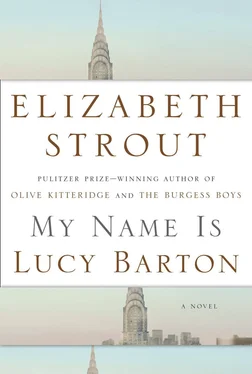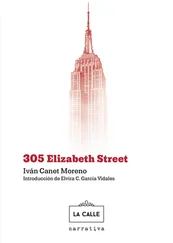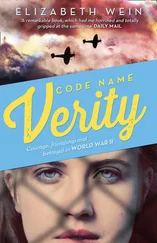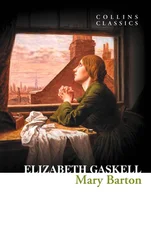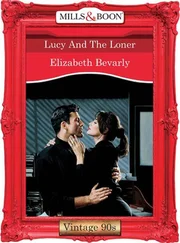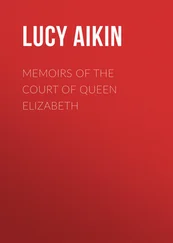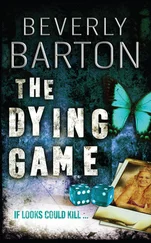Because of the hours I stayed in the warm classroom, because of the reading I did, and because I saw that if you didn’t miss a piece of the work the homework made sense — because of these things, my grades became perfect. My senior year, the guidance counselor called me to her office and said that a college just outside of Chicago was inviting me to attend with all expenses paid. My parents did not say much about this, probably out of defense for my brother and sister, who had not had perfect, or even particularly good, grades; neither one went on to school.
It was the guidance counselor who drove me to the college on a blistering hot day. Oh, I loved that place immediately, silently, breathlessly! It seemed huge to me, buildings everywhere — the lake absolutely enormous to my eyes — people strolling, moving in and out of classrooms. I was terrified, but not as much as I was excited. I learned rapidly to imitate people, to try to have the gaps in my knowledge about popular culture be unnoticed, although it was not easy, that part.
But I remember this: When I came home for Thanksgiving, I could not fall asleep that night, and it was because I was afraid I had dreamed my life at the college. I was afraid that I would wake and find myself once more in this house and I would be in this house forever, and it seemed unbearable to me. I thought: No . I kept thinking that for a long time, until I fell asleep.
Near the college, I got a job, and I bought clothes in a thrift shop; it was the mid-seventies, and clothes like that were acceptable even if you were not poor. To my knowledge, no one spoke of how I dressed, but once, before I met my husband, I fell very much in love with a professor and we had a brief affair. He was an artist and I liked his work, though I understood that I did not understand it, but it was him I loved, his harshness, his intelligence, his awareness that certain things had to be forgone if he was to have the life he could have — like children, they were forgone. But I record this now for one purpose alone: He was the only person I remember from my youth as mentioning my clothes, and he mentioned them by comparing me to a woman professor in his department who dressed expensively and was physically large — as I was not. He said, “You have more substance, but Irene has more style.” I said, “But style is substance.” I didn’t know yet that such a thing was true; I had simply written it down one day in my Shakespeare class because the Shakespeare professor had said it and I thought it sounded true. The artist replied, “In that case, Irene has more substance.” I was slightly embarrassed for him, that he would think of me as having no style, because the clothes I wore were me, and if they came from thrift shops and were not ordinary outfits, it did not occur to me that this would mean anything, except to someone rather shallow. And then he mentioned one day, “Do you like this shirt? I got this shirt at Bloomingdale’s once when I was in New York. I’m always impressed with that fact whenever I put it on.” And again I felt embarrassed. Because he seemed to think this mattered, and I had thought he was deeper than that, smarter than that; he was an artist! (I loved him very much.) He must have been the first person I remember as wondering about my social class — though at the time I would not have even had words for that — because he would drive me around neighborhoods and say, “Is your house like that?” And the houses he pointed to were never like any house familiar to me, they were not large houses, they just weren’t at all like the garage I grew up in, which I had told him about, and they were not like my great-uncle’s house either. I was not sorry about the fact of that garage — not in the way I think he meant me to be — but he seemed to think I would be sorry. Still, I loved him. He asked what we ate when I was growing up. I did not say, “Mostly molasses on bread.” I did say, “We had baked beans a lot.” And he said, “What did you do after that, all hang around and fart?” Then I understood I would never marry him. It’s funny how one thing can make you realize something like that. One can be ready to give up the children one always wanted, one can be ready to withstand remarks about one’s past, or one’s clothes, but then — a tiny remark and the soul deflates and says: Oh.
I have since been friends with many men and women and they say the same thing: Always that telling detail. What I mean is, this is not just a woman’s story. It’s what happens to a lot of us, if we are lucky enough to hear that detail and pay attention to it.
Looking back, I imagine that I was very odd, that I spoke too loudly, or that I said nothing when things of popular culture were mentioned; I think I responded strangely to ordinary types of humor that were unknown to me. I think I didn’t understand the concept of irony at all, and that confused people. When I first met my husband William, I felt — and it was a surprise — that he really did understand something in me. He was the lab assistant to my biology professor my sophomore year, and had his own solitary view of the world. My husband was from Massachusetts, and he was the son of a German prisoner of war who had been sent to work the potato fields of Maine. Half starved, as they often were, this man had won the heart of a farmer’s wife, and when he returned to Germany after the war, he thought about her and wrote her and told her he was disgusted with Germany and all they had done. He returned to Maine and ran off with this farmer’s wife and they went to Massachusetts, where he trained to become a civil engineer. Their marriage, naturally, cost the wife a great deal. My husband had the blond German looks I saw from photos of his father. His father spoke German a great deal when William was growing up; though when William was fourteen, his father died. No letters remain between William’s father and mother; whether his father really felt disgust for Germany, I don’t know. William believed he did, and so for many years I believed that too.
William, running from the neediness of his widowed mother, went to school in the Midwest, but when I met him he was already eager to get back East as soon as he could. Still, he wanted to meet my parents. This was his idea, that we would go together to Amgash and he would explain to them how we were going to be married and move to New York City, where he had a postdoctoral appointment waiting for him at a university. In truth it had not occurred to me to worry; I had no concept of turning my back on anything. I was in love, and life was moving forward, and that felt natural. We drove past acres of soybeans and corn; it was early June, and the soybeans were on one side, a sharp green, lighting up the slighting sloping fields with their beauty, and on the other side was the corn, not yet as high as my knees, a bright green that would darken in the coming weeks, the leaves supple now, then becoming stronger. (O corn of my youth, you were my friend! — running and running between the rows, running as only a child, alone, in summer can run, running to that stark tree that stood in the midst of the cornfield—) In my memory the sky was gray as we drove, and it appeared to rise — not clear, but rise — and it was very beautiful, the sense of it rising and growing lighter, the gray having the slightest touch of blue, the trees full with their green leaves.
I remember my husband saying he had not expected my house to be so small.
—
We did not stay with my parents an entire day. My father was wearing his mechanic’s coveralls, and he looked at William, and when they shook hands I saw in my father’s face great contortions, the kind that frequently preceded what as a child I had called — to myself — the Thing, meaning an incident of my father becoming very anxious and not in control of himself. After that, I think that my father did not look at William again, but I can’t be sure. William offered to take my parents and my brother and sister into town to eat dinner at some place of their choice. My face felt as hot as the sun when he said that; we had never once eaten in a restaurant as a family. My father told him, “Your money is no good here,” and William looked at me with an expression of confusion and I gave my head a tiny shake; I murmured that we should leave. My mother walked out to where I was standing alone by the car and said, “Your father has a lot of trouble with German people. You should have told us.”
Читать дальше
